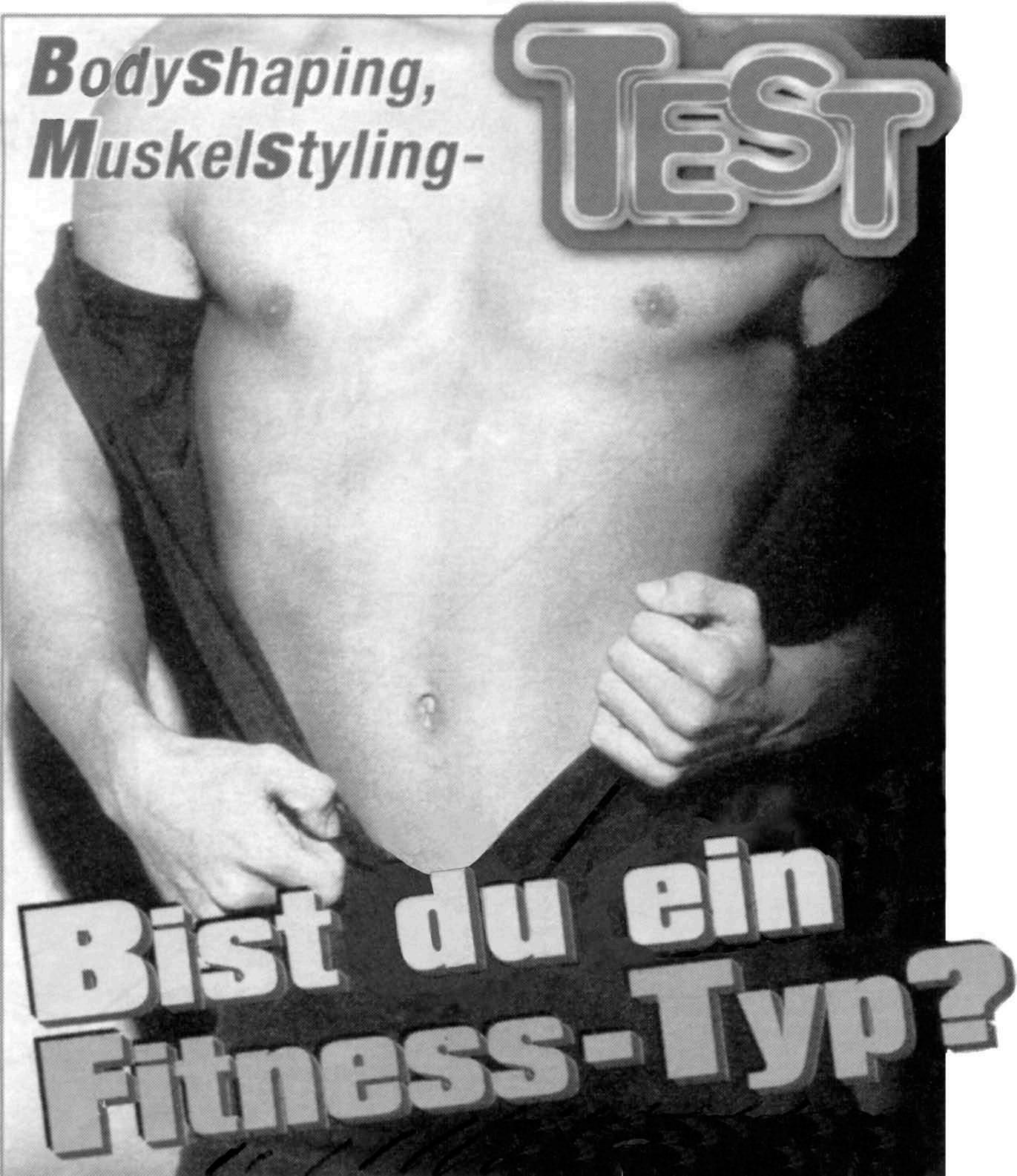12.9 Colloquial and formal pronunciation
193
12.9 Colloquial and formal pronunciation Everyday spoken language is more casual and less precise than formal spoken language (as in public speaking), and formal letter-by-letter pronunciation can sound very stilted in the wrong situation. The following table shows how, in particular, unstressed common words are shortened and reduced in colloquial speech:
colloquial
formal
unstressed -en
gebm, fragng gutn, eign’n, kommndn
geben, fragen guten, eigenen, kommenden
personal pronouns
hammer, simmer wissnse, isse haste, biste isses, gibt’s
haben wir, sind wir wissen Sie, ist sie hast du, bist du ist es, gibt es
definite and indefinite articles
n Mann, ne Frau s Haus, nem Haus
ein Mann, eine Frau das Haus, einem Haus
articles fused with prepositions
bein, ausn, ausm innem, minnem nachm, durchn
bei den, aus den, aus dem in einem, mit einem nach dem, durch den
-e in verb endings dropped
ich hab, ich mach sie könnt, er müsst
ich habe, ich mache sie könnte, er müsste
„Hab ich’s nicht gesagt – nach dieser Affenhitze gibt’s bestimmt noch einen Regenguss!“










